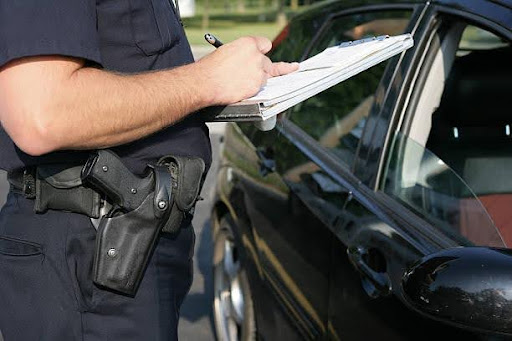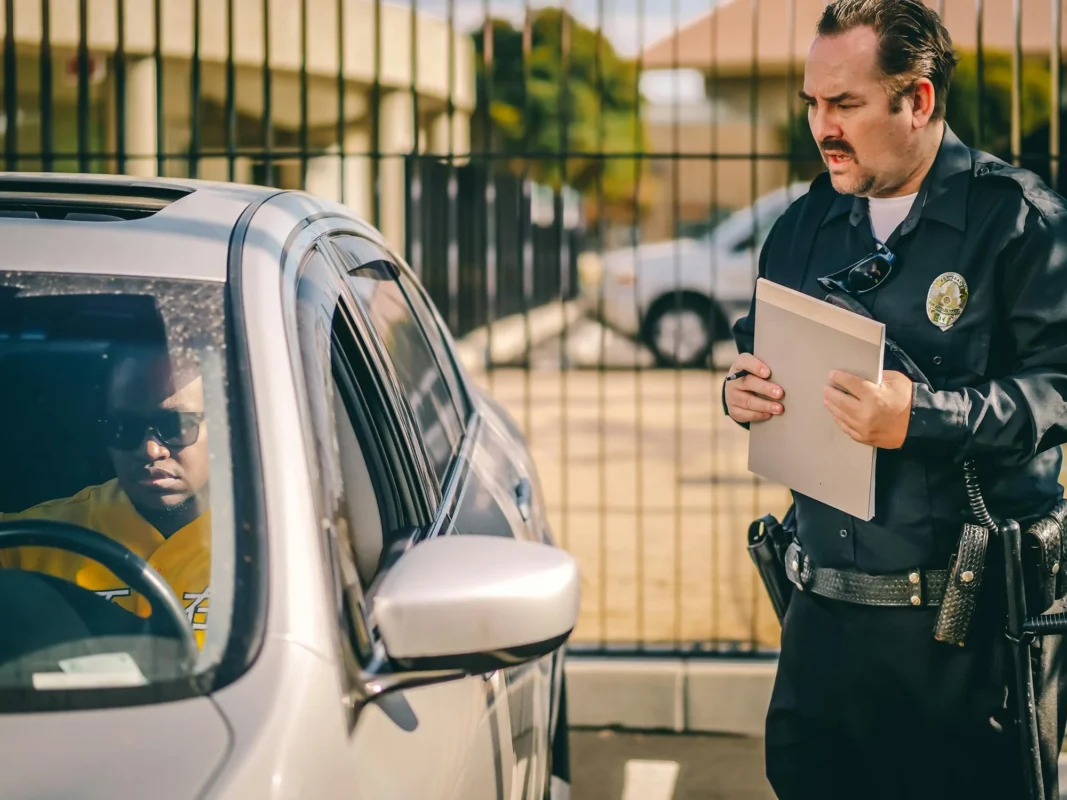Blog
How a California Highway Patrol Report Can Be Useful After a Car Accident

If you have been involved in a car accident on a California highway, you probably had an encounter with the California Highway Patrol (CHP). Maybe they arrived at the scene, took some notes, or even towed your vehicle. But beyond that initial chaos, there is something that can help protect your rights and support your compensation claim. It is called the California Highway Patrol accident report. Understanding the importance of a CHP accident report can make a real difference in how your insurance claim or personal injury case unfolds.
What Is a CHP Accident Report?
A CHP accident report is a formal document prepared by the California Highway Patrol after it investigates a traffic accident. When an accident results in injury, death, or significant property damage, the CHP must legally report it and take the lead on such investigations.

The report includes information such as the date and time of the crash, details about the vehicle and driver, road and weather conditions, and the officer’s determination of what happened and who may be at fault.
Why It Matters in Insurance Claims
Insurance companies do not just hand over compensation because someone says they were injured; they require proof of the accident. The CHP report is one of the most trusted forms of documentation. When a CHP report identifies the other driver as the one at fault, it becomes powerful evidence in your claim. Insurers rely on it to evaluate liability, and if it supports your version of events, you have a better chance of securing full compensation for medical bills, lost wages, and vehicle damage.
Fault and the Role of the Report
In California, fault is critical in determining who pays for accident-related damages. California follows a system of pure comparative negligence, meaning even if you were partly at fault, you can still recover damages reduced by your percentage of fault. The CHP report can help clarify fault by explaining the sequence of events. This detailed analysis can help verify your claim and clarify that you were not the primary cause of the crash.
How to Get a Copy of Your CHP Report
You can request it directly from your local CHP office or download the proper form from the California Highway Patrol’s website and submit it by mail. Another option is to request your attorney or insurance company to obtain it on your behalf. In most cases, they will request the report as part of their investigation and may provide it free of charge.
Just remember that these reports are not created instantly. Depending on the complexity of the crash and whether it involved serious injuries or fatalities, it can take anywhere from a week to several weeks to get the report.
Beyond the Report: Why You Still Need More Evidence
As valuable as a CHP report is, it should not be the only thing you rely on. Insurance companies and courts may also want to see photos of the scene, medical records, statements from witnesses, and surveillance footage from the scene if available. A solid case is built on multiple types of evidence, and the CHP report is a foundational piece. But your legal team can help gather everything else to build a strong argument for full compensation.
Conclusion
In conclusion, getting into a car accident can leave you shaken and uncertain about your next steps. However, having a CHP accident report on your side gives you a firm starting point. It documents what happened, who was involved, and who was at fault, all essential in any insurance claim and legal case. If you are pursuing a personal injury claim, contact an experienced California car accident attorney who understands the importance of the CHP accident report and can use it to effectively protect your rights and help you get the right compensation.
